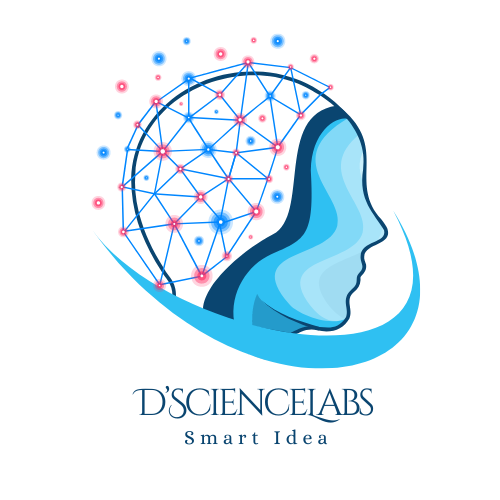Analysis and Predictive Modeling
Study Case using R & Python

In the era of digital transformation, prediction has emerged as one of the most critical capabilities in data science. Organizations across sectors increasingly rely on predictive analytics not merely to understand the past, but to anticipate the future and shape strategic decisions. This course provides a comprehensive exploration of the principles, methods, and applications of predictive modeling, guiding learners through the full spectrum of concepts and practices that define modern predictive data science.
The journey begins with predictive modeling foundations, where learners will examine regression and classification approaches, understand the power of ensemble techniques, and apply model interpretation frameworks to ensure transparency and trust. Building upon these methods, the course transitions to data-driven prediction and forecasting, introducing both traditional statistical models and advanced machine learning architectures such as Prophet and LSTM to address temporal and sequential data challenges.
From theory, the focus shifts to applied prediction, where practical case studies in business, healthcare, and industry demonstrate the value of predictive insights in real-world decision-making. Learners will also explore prediction engineering, emphasizing the importance of feature construction, hyperparameter optimization, and workflow integration to maximize predictive performance.
As predictive systems evolve, the module highlights the role of smart and intelligent prediction powered by artificial intelligence. Applications include natural language processing for text-based inference, computer vision for image-based forecasting, and AutoML frameworks that automate complex predictive tasks. These advancements are complemented by discussions on ethics, fairness, and explainability, ensuring that predictive analytics remains responsible and aligned with human values.
The course culminates in deployment and monitoring practices, equipping learners with the technical and conceptual skills to operationalize predictive models. Through exposure to APIs, MLOps pipelines, and automation platforms such as n8n, participants will develop the capacity to bring predictive solutions into production and sustain their performance over time.
By completing this module, learners will gain not only technical proficiency but also a holistic perspective on predictive analytics—capable of designing, implementing, and managing intelligent systems that turn data into foresight and foresight into impact.
